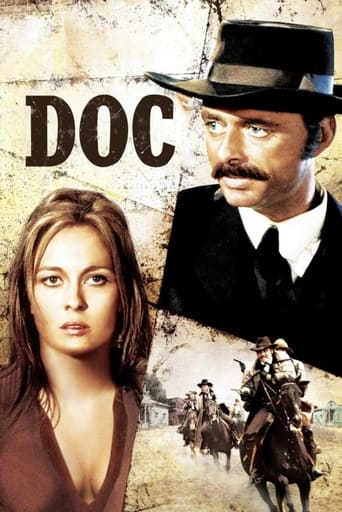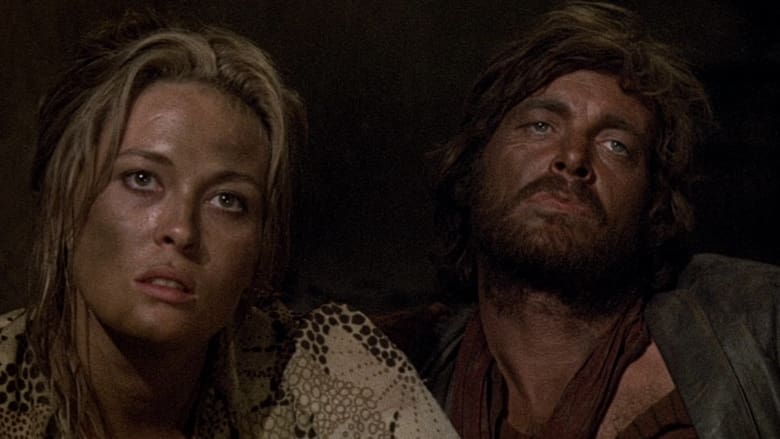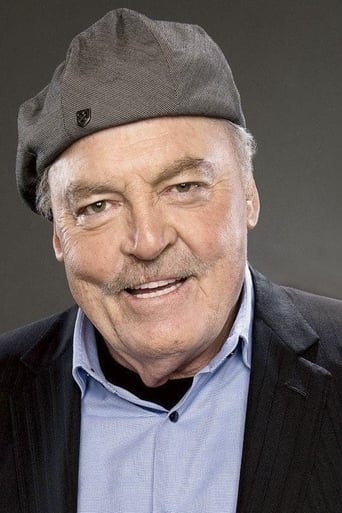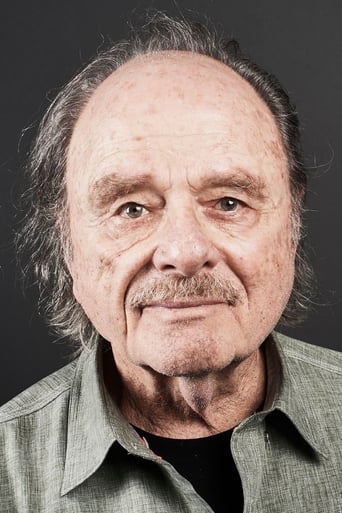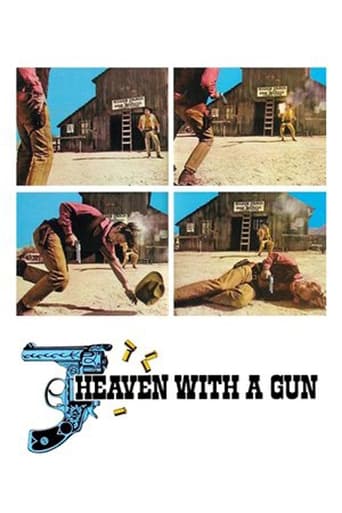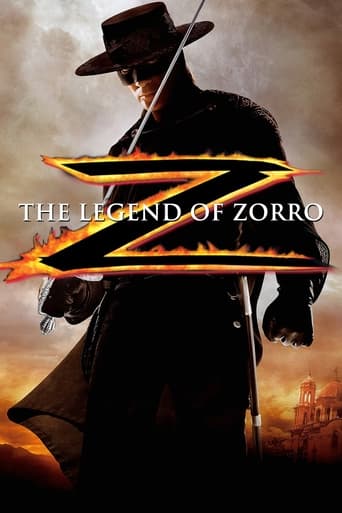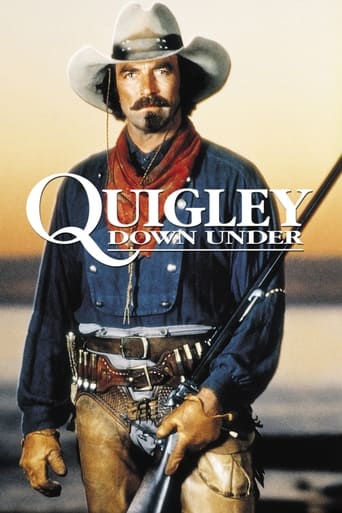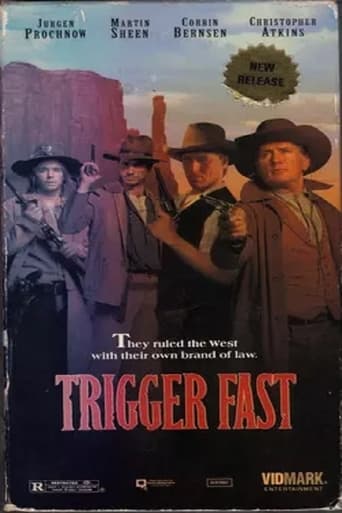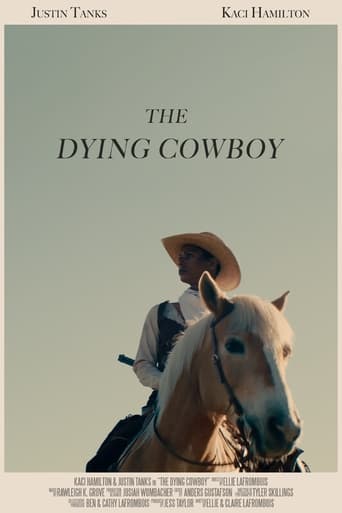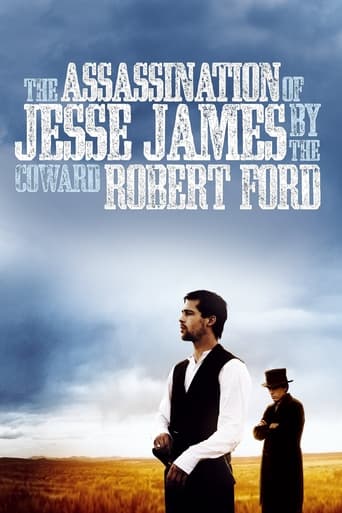Doc (1971)
A revisionist western, "Doc" is Frank Perry's attempt to accurately portray the lives and persons of Doc Holliday, Wyatt Earp, and the now-legendary events that took place in the town of Tombstone, starring Stacy Keach, Faye Dunaway and Harris Yulin.
Watch Trailer
Cast
Similar titles
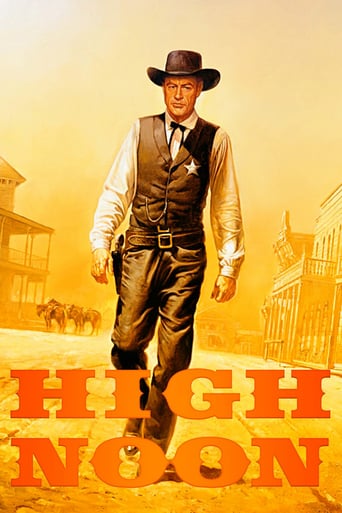
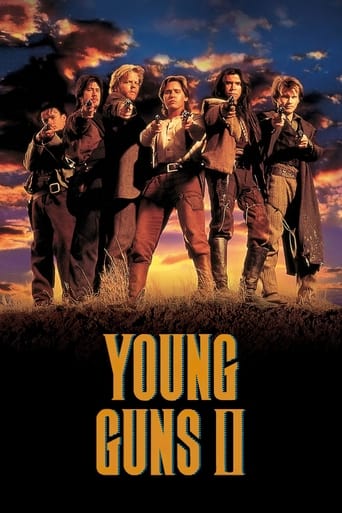
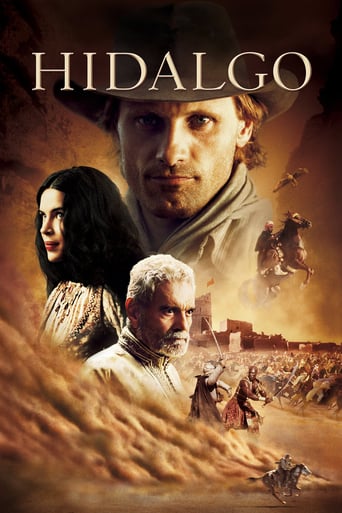
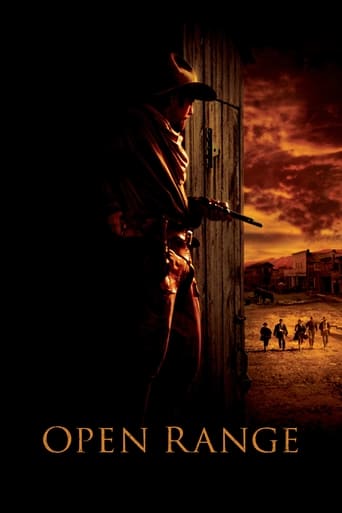
Reviews
Best movie of this year hands down!
It's funny watching the elements come together in this complicated scam. On one hand, the set-up isn't quite as complex as it seems, but there's an easy sense of fun in every exchange.
It's an amazing and heartbreaking story.
Story: It's very simple but honestly that is fine.
There is something to be said for watching a film out of its time, specifically 45 or so years after its debut. DOC is many things besides not historically factual. True, it is a revisionist western. It may be a comment on Viet-Nam at the time or it may be a metaphor on American cultural icons having feet of clay. Other reviewers have dissected the film with keener insight than I. Having never seen the film until this weekend, there was something about the relationship scenes between Doc and Wyatt that felt uncomfortable for me: The touching, the caring, the glancing, the prolonged camera shifts between the eyes of these two friends who once had a "history" (unexplored), a separation (also unexplored), and now a reconciliation of sorts (semi-explored). There's no love, or even, like lost between Wyatt and Katie. Wyatt watches his friend and a woman move into their "honeymoon cottage" with a knowing sorrow. There's a femininity that pervades this film that doesn't just come from Dunaway's Katie Elder. Even the roll-on-the-ground fight scenes are somehow less than violent. The camera lingers just a bit too long on the wrestling Earp brothers scenes at the ranch. The fight between Ike and Wyatt reminded me more of gay-bashing incidents in NYC that I've read about than any "street-fight" I've witnessed in a HS corridor over the years .... Film history is replete with subtle nods to non-heterosexual sublimity. Hollywood even made a documentary to that effect. I suppose if you know you're going to revise western history you may as well do it with panache ...
It's been a long while since I've watched 1993's "Tombstone" and 1994's "Wyatt Earp", and my recollection is that I enjoyed them both quite well. It's a pretty fair conclusion to draw that none of the films depicting Wyatt Earp and the events at the OK Corral were ever done entirely accurately, but those two came pretty close, depending on your view of the Earp Brothers and their place in Western legend. For what it's worth, "Doc" may be even more historically accurate regarding the motives of Wyatt and his ambitions in Tombstone, even if the film's finale is entirely off the mark. The 'real' gunfight, as much as history can offer us, lasted only about thirty seconds, with thirty one shots fired, and only the McLaury Brothers and Bill Clanton dead. Before he was cut down, Clanton injured Virgil and Morgan, while Doc Holliday caught a bullet in the hip. Unarmed Ike Clanton and young Billy Clayborn (not a character here, but presumably 'The Kid') backed out of the fight and ran away. This revisionist telling of the Earp legend won't please everyone, so if you'll be offended by the portrayal of the Earps here as opportunistic heels, it's a fair bet you should stay away. A 1998 compilation of fact based histories titled "Gunfighters of the West" from Wellspring Entertainment offers a compelling view of both the Earps and the Clantons, and neither is pretty. While the Clantons and McLaury's represented the rowdy 'cowboy' element, the Earps weren't above running gambling tables and brothels, while operating as a veritable protection racket for the good folks of Tombstone. Virgil was the assistant town marshal to Sheriff Johnny Behan, and Morgan often rode shotgun on the Benson stagecoach. Both Behan and Wyatt had designs on becoming Sheriff of Cochise County (not Tombstone), because that's where the money was. The county sheriff job, through taxation and other forms of revenue, was worth about forty thousand dollars; translate that into more than a half million today. Fact and fiction parallel nicely here in the latter half of the picture when Wyatt (Harris Yulin) tries to make a deal with Ike Clanton (Michael Witney) by offering twenty thousand dollars for turning in Ringo Kid (Denver John Collins) for the stagecoach robbery. Historically, the smooth and popular Johnny Behan got Wyatt to back out of running for County Sheriff if Wyatt would accept a Chief Deputy position, with both splitting the spoils of the office. When Behan reneged, the bad blood between the two only heightened, and was made more complicated by Wyatt moving in on Behan's girl, Josephine 'Josie' Marcus.But wait a minute, this is John Henry 'Doc' Holliday's picture. A dentist by trade, and a gambler and gunman by conviction, Stacy Keach's portrayal rivals that of Val Kilmer's in 'Tombstone" (personally, I like Kilmer better). Doc's reputation as the fastest, deadliest and best gunfighter of the territory was well warranted, but it surprised me (and quite frankly bothered me), that the film writers had Doc involved in that cowardly kill of The Kid in the finale. Along with the entirely one sided portrayal of the Earps as dirt bags, it's not too much of a stretch to say that even-handedness didn't get in the way of this story's outcome. All that said, it's probably wishful thinking that a completely unbiased telling of the OK Corral legend could ever be told, with adherents on both sides of the fence regarding the reputations of the Earp Brothers and Doc Holliday. If you side with the detractors, you'll probably go along with Doc's assessment when he says to his friend - "You sound like bad people Wyatt". Earp's response - "We are John".
Low key to say the least, this Frank Perry film debunks the Wyatt Earp/Doc Holliday/Clanton Bros. myth by removing any trace of romanticism or heroism. The characters in this movie are full of regret, fear and, particularly in Holliday's case, a real sense of melancholia. As Doc Holliday, Stacy Keach gives an exceptional performance, underplaying throughout. He's matched by Harris Yulin as an unlikely Earp. There's great chemistry here. Faye Dunaway is Kate Elder, a prostitute (minus even a hint of a heart of gold) who finds herself, if not in love with Holliday, at least hitching her hopes of a better life to him. This is a film with very little hope and director Perry creates a real sense of sadness these desperate characters must have felt. The extremely rich screenplay is by Pete Hamill and the supporting cast includes Penelope Allen as Earp's wife, Michael Witney as a particularly nasty Ike Clanton and Denver John Collins as Clanton's nephew, a not so bright bulb who hero worships Holliday. Sassy Antonia Rey has a cameo as Concha. A great anti-western.
The way director Frank Perry and screenwriter Pete Hamill must have figured it, if George Custer could go from a hero to a villain after the impact of one movie - Arthur Penn's Little Big Man - then they could similarly destroy the lofty reputation of Wyatt Earp with a degrading film portrait. Here's their problem: Little Big Man, however fair or unfair it is to Custer, is terrific film-making from beginning to end. Not so this utter disaster of an attempt to make a revisionist western of the type so popular in the early seventies, when the youth movement and hippie era allowed for nasty portraits of the military and the police on screen, just so long as they were set back in a period of history so that no one around today would get too offended. Harris Yulin is a lackluster Earp, who with Doc Holliday (Stacy Keach) and Kate Fisher/Elder (Fay Dunaway) head for Tombstone. In this version, they don't go there to provide true law in the best sense but to use the law to make money. There certainly is a certain amount of truth in that, but the film errs by trying to offer a corrective to the mythic Earp and Company and so, to alleviate all the whitewashing, paints them dirty colors instead. The people who like this movie are the ones who believe that anything 'negative' is also 'realistic,' which doesn't happen to be the case. In this anti-Earp diatribe, history is rewritten even more ludicrously than it was in the pro-Earp films that preceded and followed this one. "Hello, Bones" Kate says to Doc; "Hello, bitch," he replies. Think that's clever? If you do, this film's for you. On the other hand, if you want to see an absolutely brilliant revisionist film about law and order in the west, check out Robert Altman's McCabe and Mrs. Miller, made about the same time, and a truly great film that achieves what Doc tries and fails to do. The O.K. Corral gunfight has never bee so totally misrepresented as it is here, even though the attitude of the filmmakers is that "we're telling you the truth for the first time." They simply replace positive lies with negative ones. Another historical gaff: The Tombstone Epitaph is portrayed (along with its editor John Clum) as being anti-Earp, when they were pro-Earp; the Nugget, another paper, was the anti-Earp one.
